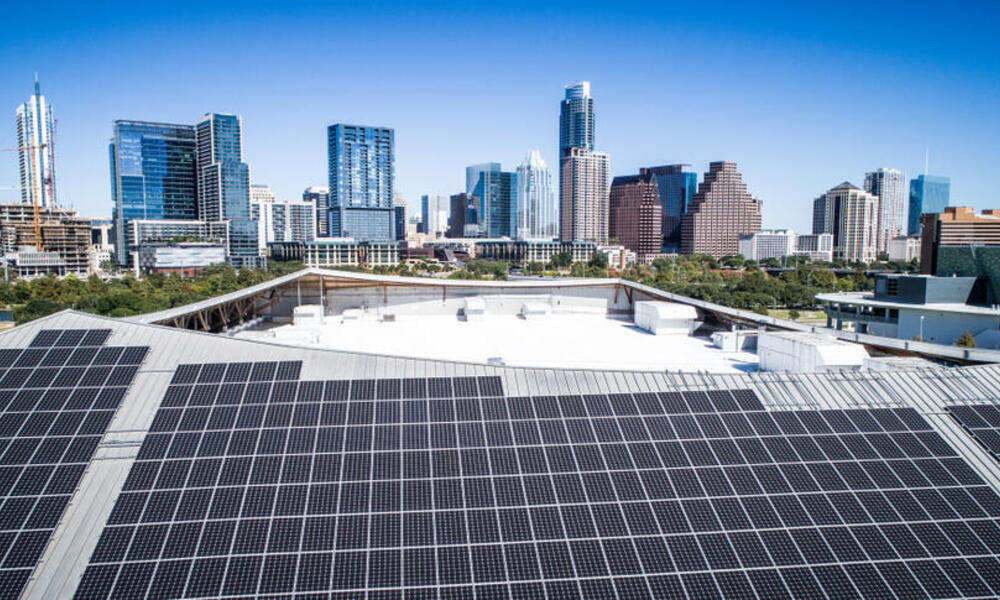This month marks one year since the United States confirmed it was pulling out of the Paris Agreement, a historic international accord that demonstrated global willingness to take urgent, decisive action on climate change.
Signed by nearly 200 countries in December 2015, the Paris Agreement pushed countries to reduce their carbon emissions to prevent global temperatures from increasing more than 1.5°C above historical levels, effectively limiting the worst effects of human-caused climate change. The pact was heralded as the world’s first collective commitment to address climate change and an unprecedented victory for the environment.
Less than 18 months later, though, President Trump announced his intent to withdraw the United States from the Agreement. This leaves the United States—the world’s largest economy and second-largest carbon emitter—as the only country in the world not supporting the deal.
“In stepping back from the Paris Climate Agreement, the United States government stands alone among the nations of the world,” said Lou Leonard, senior vice president for climate change and energy at WWF. “No other country followed President Trump and his decision sparked a wave of new climate leadership in the United States.”
Since the US pulled out of the agreement, more than 2,700 leaders from states, cities, and businesses—representing 160 million Americans and $6.2 trillion of the US economy—have ramped up their efforts to curb climate change, sending a resounding message to our federal government and the rest of the world: We are still in. Together, these subnational actors are working to ensure that our country still meets its climate goals by reducing heat-trapping greenhouse gas emissions, growing the renewable energy sector, and investing in new jobs and technologies.
